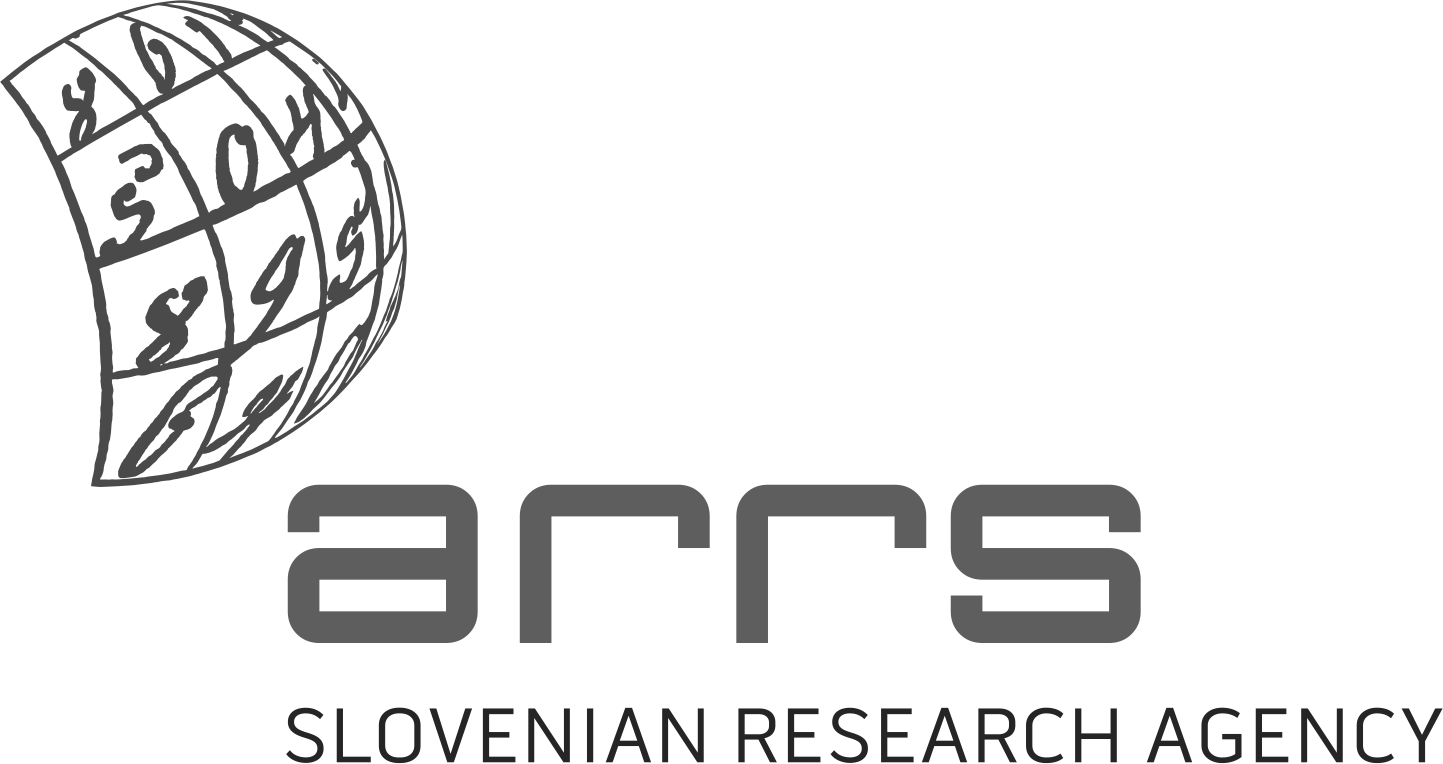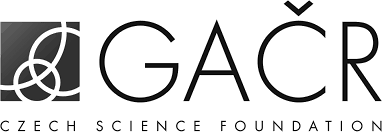Plastic production and its end-of-life management pose a significant environmental footprint. The mitigation
strategies of the plastic industry are comparatively attainable than the other hard-to-abate sector. However, the
involvement of different stakeholders is needed. The life cycle analysis proposed in this study allocated the
environmental footprint to stakeholders based on the game theory concept. It addresses the limitation of
previous approaches that do not guarantee the stakeholders from different stages will participate in the initiatives
with the lowest net environmental footprint due to the dissatisfaction or imbalance in the allocated unburdening
footprint (benefit) and burdening footprint. The applicability of the proposed approach is demonstrated through
a plastic recycling case study. An allocation of 82 % of environmental benefit to the producer, 14 % to the
manufacturer, and 4 % to the user are suggested to achieve efficiency (lowest external interference) and stable
cooperation (participation in recycling). This work serves as an initial assessment in demonstrating the
integration of the game theory concept in environmental footprint allocation or Life Cycle Assessment.



